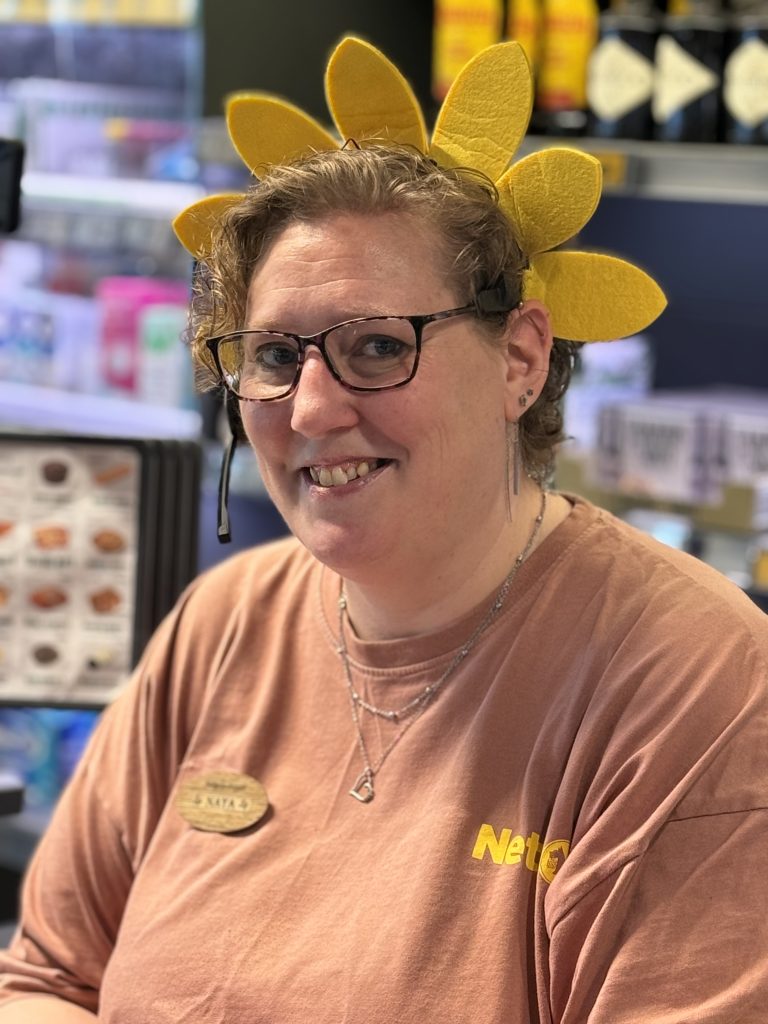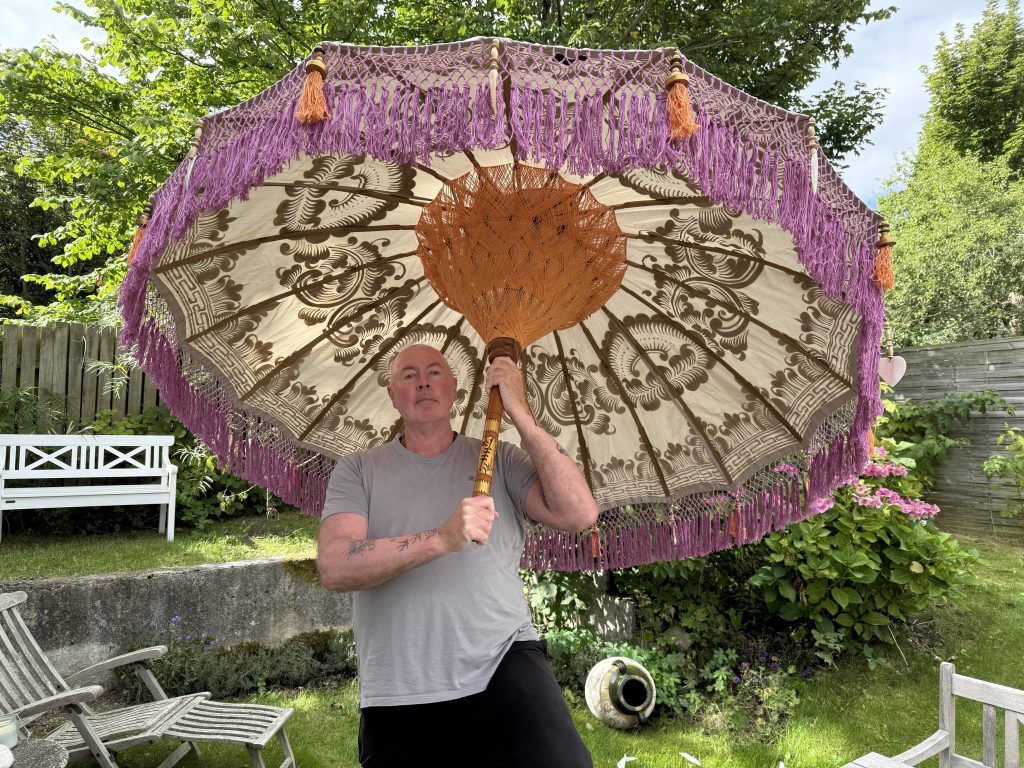Fighting the “Ugh-ness”
It’s all about well-being and the drains we are all exposed to

I am often asked whether there is a sourness-pandemic going on – and YES – I actually believe there is.
From research (in longevity) we know that people really don’t need very much in order to thrive and live good lives. And this isn’t something I’ve just made up – it’s evidence-based research (read more below).
What is important for scoring high is this: Deep, loving, and trusting relationships with people who accept/love you exactly as you are – with all your quirks and odd habits. To live in and among people with openness and tolerance, where there is “room to breathe,” and where it is a basic condition of life, as Kierkegaard so aptly said: “We live life forwards but understand it backwards.”
All evidence points to this: When people live together with others who share the same values of honesty, trust, and forgiveness – then you achieve “The Good Life.” Not because you are spared from the tragedies and catastrophes life brings – for, as Jung so elegantly put it: “As long as we humans are caught in the chaotic whirlpool of life, none of us will be free of difficulties.” What matters is having someone to share sorrows with – someone who IS there for you when you’re knocked down – not what shoes you’re wearing.
If it is quality of life you seek, then research again is crystal clear: You cannot consume your way to happiness. No matter how many luxury cars, pieces of jewelry, or private jets you own – they don’t grant you access to happiness. Often, quite the opposite – because the more you own, the more you must guard, maintain, and protect from others who might want to take it away.
Tibetan philosophy and tradition have given me a great deal of useful knowledge about many aspects of life – but one of the most central is liberation from attachment, especially to material things. They put it simply: “If you own more than seven things – the things own you.” And most of us probably must admit that it’s true.
I know quite a few extremely wealthy people with many “homes” scattered across the world – and I have seen how much effort it takes to keep everything in order – even when they have multiple PAs at their disposal.
So, NO – you cannot buy your way to lasting happiness. It must be built slowly over time and come from the certainty that you are accepted, seen, and maybe even loved. We see the same principle in the animal kingdom: Social cohesion is the most important factor of all. And it is the one thing no individual is allowed to violate. If someone does, they first receive a warning – because maybe they acted without understanding the consequences. But if they repeat it even once more, they are excluded from the group and left to survive on their own – without any certainty of ever being allowed back.
The “two strikes and out” principle may seem harsh – since no prey animal can survive alone – but it makes sense: When essential values are not upheld by EVERYONE, the survival of the whole group is put at risk.
This research shows clearly that societies that have not gone digital, where time has “stood still,” experience far better well-being for both individuals and relationships compared to Westernized societies with social media, daily tragic news, and the bleak outlook on the future that I, at least, have never seen before.
When we thrive, we build up a stock of “LET-IT-GO points” – which we can draw on when faced with unfairness, condescension, scare campaigns, or conflicts. When those points run out, we must either recharge or become conflict-active ourselves. And when customers, employees, and everyone else are operating with negative LET-IT-GO points, the risk of drama skyrockets.
I certainly experience this myself in daily life. Just yesterday, I called to speak with a lawyer – he didn’t answer, and instead a receptionist picked up the line. She rather condescendingly told me the lawyer wasn’t available. I replied that yes, I was aware of that – and asked whether she had other options to offer me (e.g. email, leaving a message, etc.). Her response was: “You can’t talk to me like that” – and then she hung up.
I know we all have bad days when we ourselves are conflict-active or even conflict-seeking – but this is a sad development.
We are exhausted by wars, Trump, Israel, and so much more – so I do understand the drains that suck away your energy points – but what do we do about it? First, we must stop being snappy or harsh with others – and then we must break a hole through the “Ugh-ness.” That way we can often defuse the knots that inevitably arise in human relations.
And the fact is that poor well-being is far worse for both body and mind than previously assumed.
Central Themes:
- How to generate new LET-IT-GO points
- What is a psychological drain – and how to free yourself from them
- Laughter as medicine – and yes – it works
A famous Danish singer, Johnny Reimer, once said: “Everyone should buy themselves a Tyrolean hat.” And hidden in that sentence lies surprising wisdom.
There are far more conflicts today than when I published my book “How to Handle Difficult People” back in 1990 – and YES, there are many more conflicts now – and they escalate much faster than before. From my perspective, this is rarely wise or effective.
I hope to hear from you … because I promise – together we can break through the “Ugh-ness.”
This talk can be tailored to your schedule. I offer it in three versions:
Lecture (1 hour) – DKK 25,000
Workshop (2 ½ hours) – DKK 32,000 excl. VAT & travel
Full-day program (6 hours) – DKK 48,000
Includes more slides, short video clips, time for group dialogue, an extensive handout (not for testing later), and three books on the subject.
Call and book your workshop today: 33 11 44 22 – or 40 521 521

Send an inquiry
Key words about the lecture
Central Themes:
- How to generate new LET-IT-GO points
- What is a psychological drain – and how to free yourself from them
- Laughter as medicine – and yes – it works